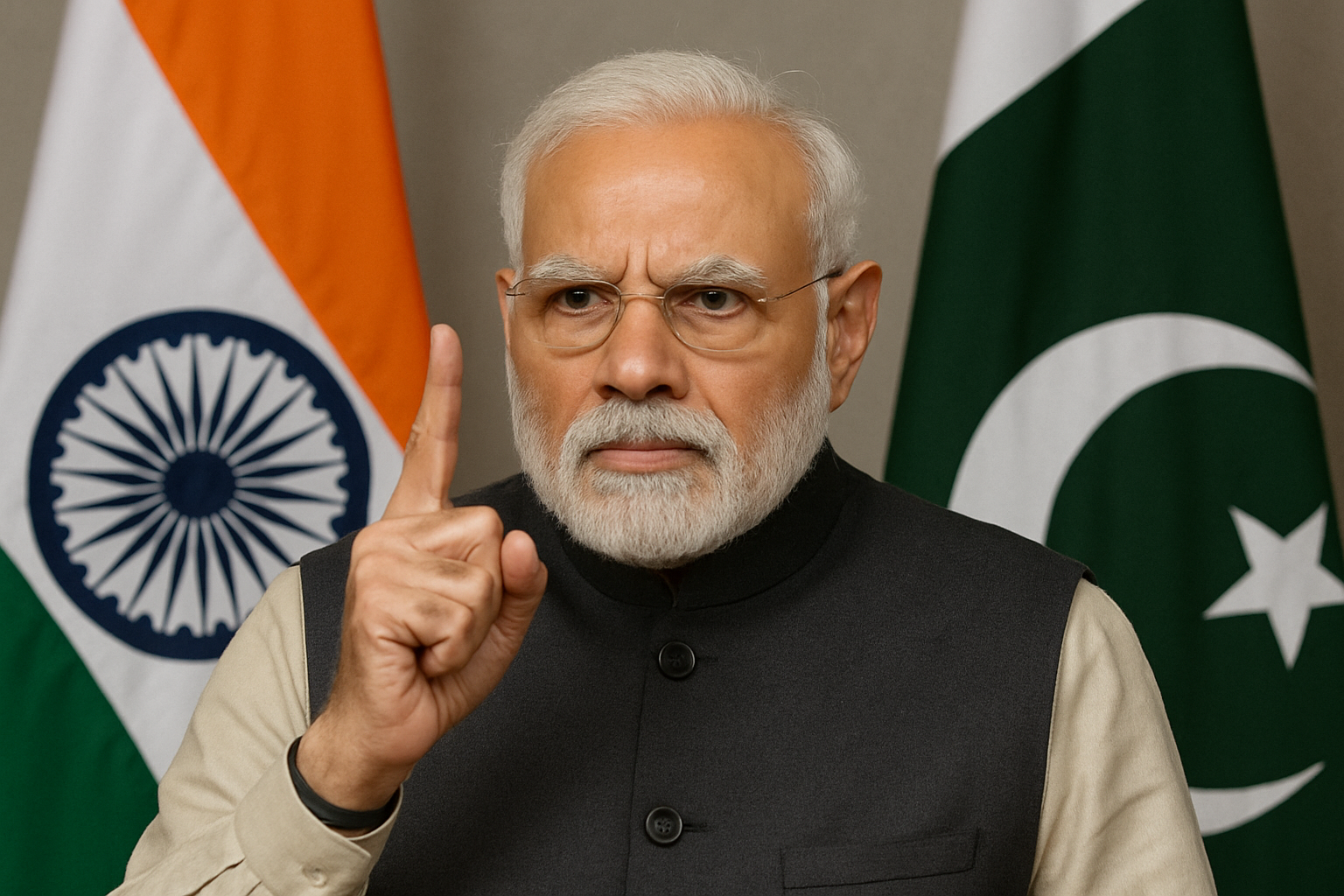In a major upping of India’s counter-terror operations, Operation Sindoor has led to the killing of 14 persons closely associated with Jaish-e-Mohammed (JeM) chief Masood Azhar, including 10 members of his family and four senior lieutenants. The targeted killings, carried out by Indian security personnel in a coordinated cross-border intelligence-based operation, represent one of the most crushing blows to the Pakistan-based terror network in recent times.
As per top intelligence officials, the operation was conducted following weeks of surveillance and actionable intelligence on the movement and gathering of top targets within a JeM hideout in Pakistan-occupied territory. The strike was said to have been delivered using a mix of air and ground-based platforms with minimal collateral damage, highlighting the strategic precision and planning involved in the mission.
A Decisive Blow to JeM
Jaish-e-Mohammed, a UN-designated and various countries’ including the U.S. and India-designated terrorist group, has been behind many attacks in Indian territory, including the 2019 Pulwama suicide bombing that killed 40 CRPF personnel. The organization has been able to function with relative freedom in Pakistan, frequently receiving the support of elements of the state apparatus, Indian security experts say.
Masood Azhar, the mastermind chief of the organization, has remained a persistent source of trouble on India’s national security horizon. Officially categorized as “untraceable” by the government of Pakistan, intelligence sources have routinely reported him as present and actively engaged in controlling anti-India operations from Bahawalpur, Punjab (Pakistan), sanctuaries.
The 10 members of Azhar’s family allegedly killed in the strikes are his nephews and cousins, some of whom were thought to be up-and-coming figures in the JeM hierarchy. The four aides were named as operational commanders involved in recruitment, logistics, and cadre training infiltrating Jammu and Kashmir.
Government Response and Strategic Messaging
Addressing the media, a top defense official said, “Operation Sindoor is not only a tactical victory but also a strategic message. India will not accept terrorism being exported from the other side of the border, and those giving shelter or support to such elements will have to pay the price.”
The Indian External Affairs Ministry has not issued an official statement, although sources verify that the highest diplomatic channels were alerted before the operation. The operation seems to be part of a larger transformation of India’s counter-terrorism strategy, which now entails proactive, preemptive action across the Line of Control (LoC), similar to the Balakot airstrikes in 2019.
Reaction from Pakistan
Not unexpectedly, initial Islamabad reactions have been one of denial and denunciation. Pakistan’s Foreign Office accused India of “violating international norms and sovereignty,” while disavowing any JeM presence in the struck area. Yet, independent security experts suggest that the particularities of the attack and absence of civilian fatalities undermine Pakistan’s familiar defense line.
Public and Political Reaction in India
The operation has been widely acclaimed throughout India’s political spectrum, with opposition and ruling party leaders alike praising the military. Social media is filled with hashtags such as #OperationSindoor and #MasoodAzharHit, as there is a wave of public support and nationalism.
Defense analysts are of the opinion that this operation may prompt a re-evaluation of security measures along the border. Retired Lt. Gen. D.S. Hooda, who had commanded the 2016 surgical strikes, said, “Targeting Masood Azhar’s inner circle is a powerful symbolic and operational message. It shakes up the JeM leadership hierarchy and signals a zero-tolerance policy.”
Conclusion
Operation Sindoor is a measured but strong expression of India’s counter-terror commitment. By eliminating high-value targets deeply connected to one of the world’s most infamous terror masterminds, New Delhi has not only exacted revenge for past attacks but issued a strong warning for the future as well. Whether this is a turning point in Indo-Pakistani covert dynamics remains to be seen, but for the moment, the operation is a testament to India’s increasing strategic confidence.






